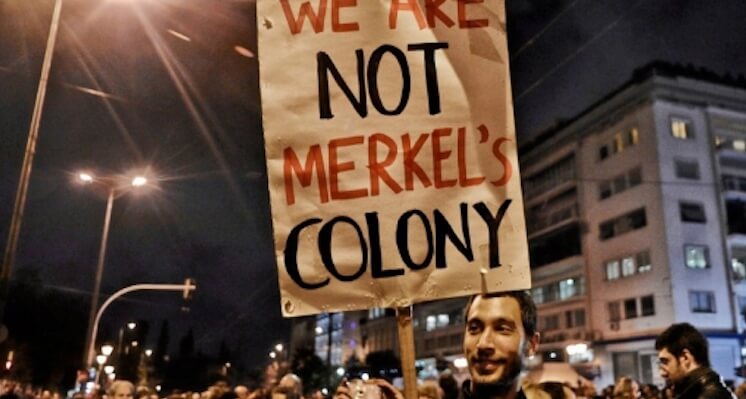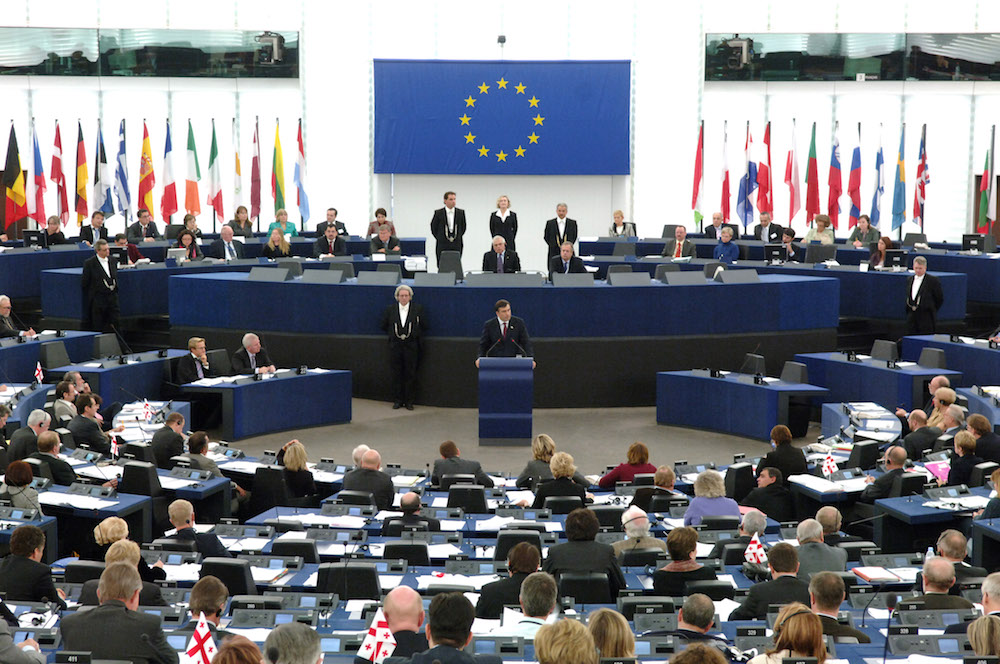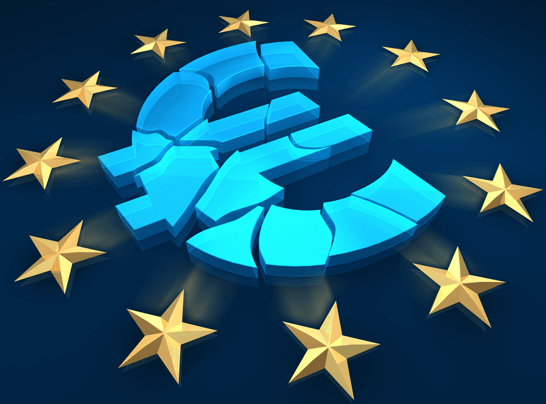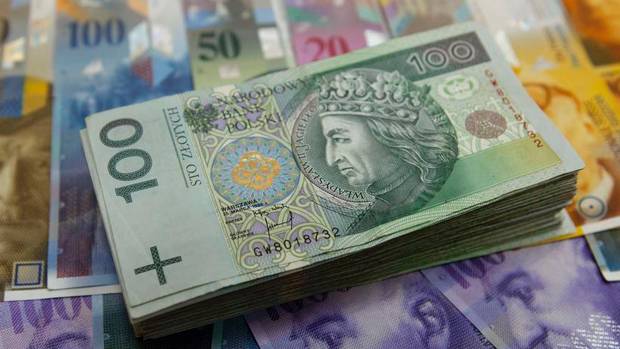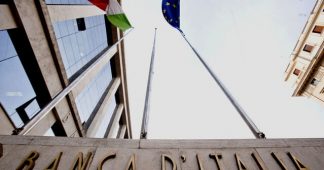By Gustav Horn
It was wrong from the start. Going on the incorrect assumption that the Eurozone crisis could only be overcome with the help of the crisis-proven IMF, it was the German government above all that insisted on embedding the Fund as an equal partner in the Troika meant to draw up and monitor the rescue programme for Greece. Behind this may have lurked some lack of trust in the resoluteness of the other two Troika members, the European Commission and European Central Bank, as regards pushing through the spending cuts seen as de rigueur in Berlin. But the federal government was obviously pretty unclear about the consequences of its action.
In A Dilemma
The easily identifiable error from the start was political in nature: By drawing in the IMF as an equal partner the EU admitted de facto that it saw itself as unable to solve the Eurozone crisis on its own. This sent a signal of political bankruptcy. Finally, this conceded a clear right to co-determination in solving an intra-European problem to other IMF members, especially the influential USA or emerging countries such as Brazil and India. This weakened Europe’s political weight.
Read the full article here:
